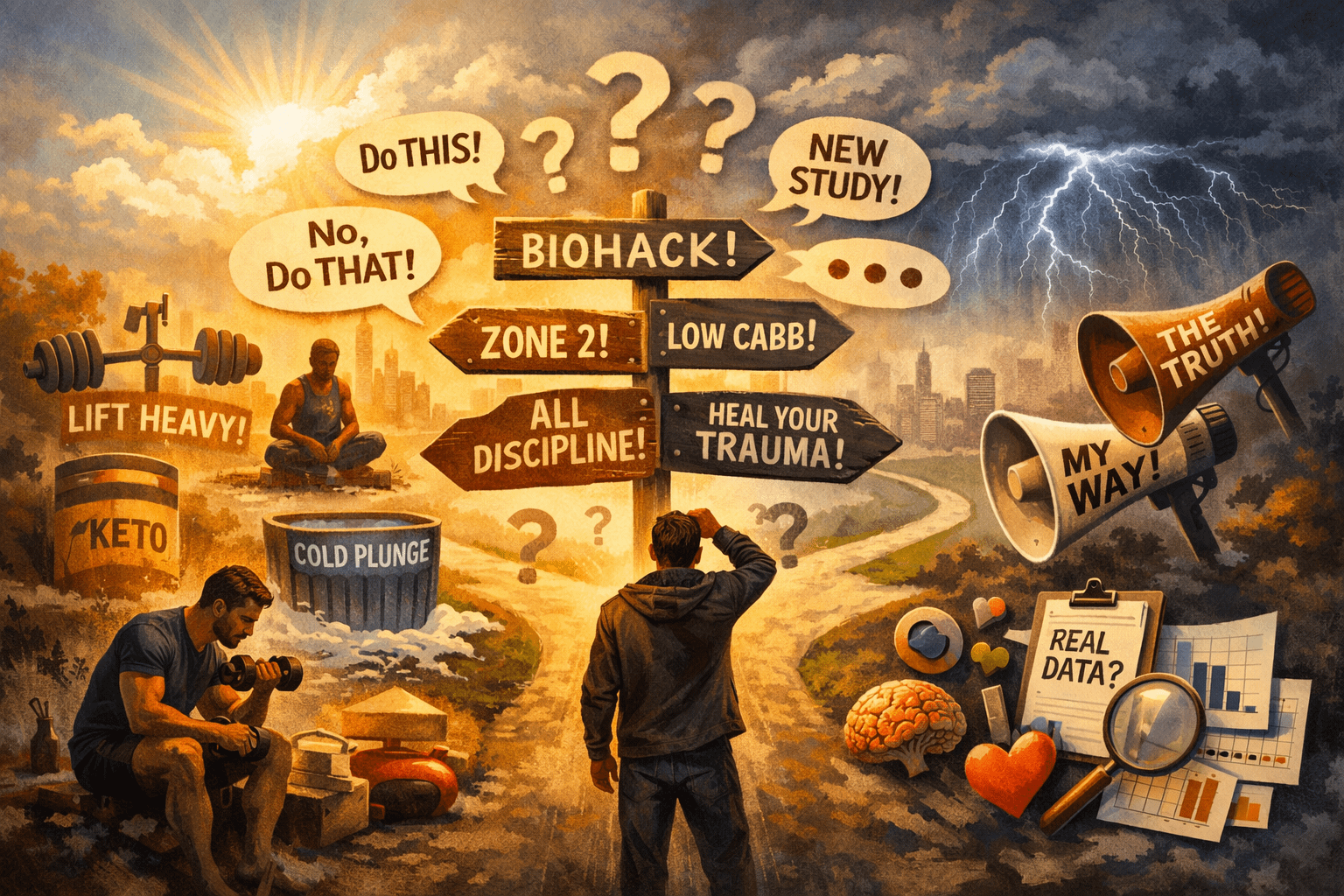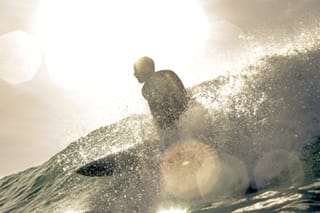Competition Nerves to Competitive Edge: A Simple Pre-Event Routine
If you’ve ever stood on the edge of a big event — whether it’s a surf competition, a pitch to investors, or even a career-defining presentation — you know the feeling. Your chest tightens. Your thoughts scatter. Your heart races faster than the situation calls for.
That’s competition nerves at work. Most people see them as weakness. I see them as untapped fuel. And with the right pre-event routine, you can turn that anxious energy into laser-sharp focus.
I learned this both through coaching and from personal experience. Years ago, I transitioned from being an art director in Europe to becoming a performance coach. Along the way, I worked with athletes, founders, and high-performers who had the same challenge: anxiety was stealing their edge. And truth be told, I went through it too. Before my first big coaching workshop, I barely slept the night before. My stomach was in knots. But I discovered that nerves aren’t the enemy — they’re a signal your body is gearing up. What matters is how you channel them.
Why nerves can be an advantage
Sports psychology research shows that arousal (the body’s stress response) is directly linked to performance. The “Inverted U” theory, originally developed by Yerkes and Dodson, explains it: too little arousal and you’re flat; too much and you’re overwhelmed. But with the right routine, you can hit the sweet spot — where energy sharpens your performance instead of sabotaging it.
The Stoics knew this centuries ago. Epictetus reminded us: “Men are disturbed not by things, but by the view which they take of them.” Your nerves are not the problem. Your interpretation of them is.
My athlete case study
One of my clients, a young surfer competing in national events, used to freeze up during heats. He’d surf beautifully in training, then underperform the moment the horn blew. Together, we built a pre-event routine he now swears by: breathing, visualization, and a “first wave” ritual. Within two competitions, he went from being knocked out early to making finals consistently.
The routine didn’t erase his nerves. It reframed them. And that’s exactly what you need before your next big moment — whether it’s in sport, business, or life.
The 4-Part Pre-Competition Routine
1. Breathe your body into calm
Before an event, your heart rate spikes. Slow nasal breathing — 4 seconds in, 6 seconds out — lowers cortisol and steadies your system.
👉 Try 2 minutes of this while sitting or walking just before you compete or present.
2. Visualize the first 60 seconds
Don’t imagine the whole game, pitch, or meeting. Picture just the first action: the first wave, the first line of your talk, the first move. Psychology research on “implementation intentions” shows that focusing on a small, specific starting action reduces overwhelm and boosts follow-through.
3. Anchor with movement
Pick a physical cue to lock in confidence: shaking out your shoulders, clapping your hands, or even gripping the kettlebell if you train like me. This links body to mind. My surfer client paddles two strokes with intent before his first wave — it’s his trigger to switch on.
4. Reframe the story
Instead of telling yourself “I’m anxious,” say “I’m activated.” It sounds small, but re-labeling your state shifts how your brain processes it. A 2014 Harvard study showed that simply reframing anxiety as excitement improved performance in public speaking and math tests.
My own practice before big moments
When I left advertising and started running coaching workshops, I often faced rooms full of executives who expected answers. I’d feel that familiar rush of nerves before speaking. My routine? A quick kettlebell warm-up in the morning to get grounded in my body, a few deep breaths before walking on, and one clear sentence in my head: “Serve, don’t impress.”
That mindset shift — from self-focus to service — cut my nerves in half. And I’ve since shared it with countless clients.
Why this works
This routine taps into both psychology and physiology:
-
Breathing regulates your nervous system.
-
Visualization primes your brain’s motor pathways.
-
Movement anchors confidence.
-
Reframing changes perception.
Together, they create a mental environment where nerves become energy instead of noise.
A Stoic reminder for competition day
Marcus Aurelius once wrote: “You have power over your mind — not outside events. Realize this, and you will find strength.”
You can’t control judges, opponents, or markets. But you can control how you show up — and that’s more than enough to tip the scales.
Your next step
Don’t wait for “someday” to test this. Choose your next high-stakes moment — whether it’s a pitch, competition, or presentation — and run the 4-part routine. Watch what happens when nerves become your ally.
Work with me
If competition nerves are stealing your edge, I can help you build routines that put you back in control.
book a free 30-min clarity call and let’s design your personal performance routine.




